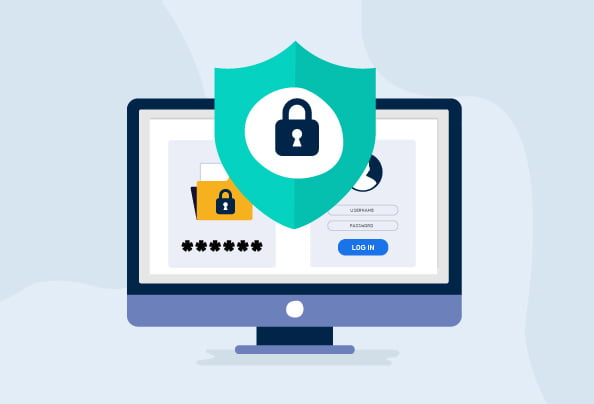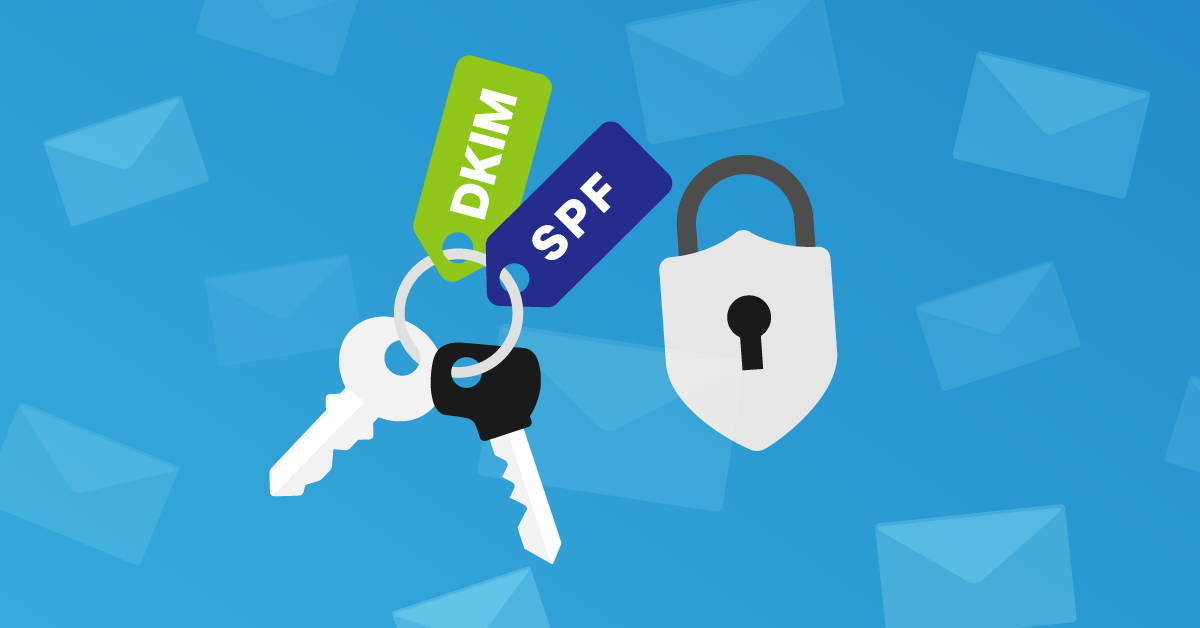We implement email authentication using SPF, DKIM and monitoring with DMARC to prevent cybercriminals from sending fraudulent and spam emails from your domain and to improve email deliverability and stop your emails going to spam.
DOWNLOAD PDF
What is email authentication?
Email authentication is a technical solution to proving that an email is not forged. In other words, it provides a way to verify that an email comes from who it claims to be from. Email authentication is most often used to block harmful or fraudulent uses of email such as phishing and spam.
In practice, we use the term “email authentication” to refer to technical standards that make this verification possible. The most commonly used email authentication standards are SPF, DKIM, and DMARC. These standards were designed to supplement SMTP, the basic protocol used to send email, because SMTP does not itself include any authentication mechanisms.
IMPORTANT NOTE: This relates to mail sent FROM your domain, not incoming emails that you receive from other domains. If other people have not properly setup email authentication for their own domain, they will also have the same issue. In order to protect yourself from malicious incoming emails from other people, you need email filtering.

What is DMARC?
DMARC (Domain-based Message Authentication, Reporting & Conformance) is an email authentication protocol. A DMARC analyzer is intended to give email domain owners the ability to protect their domain from unauthorized use, known as email spoofing.
DMARC analyzer allows a domain owner to publish a policy in their DNS records that specifies which mechanisms are used to authenticate email messages sent from their domain, and what to do if authentication fails. The DMARC tool builds on top of 2 other email authentication protocols: SPF and DKIM.
DMARC has three basic purposes:
- To verify that the sender’s email message is protected by both DKIM and SPF protocols.
- To inform the receiving mail server what it should do if neither of those email security protocols passes.
- To provide a way for the receiver server to report to the sender about the email message or messages that fail or pass the DMARC evaluation.
SPF, DKIM, DMARC explained
=========================
Cyberattacks using email as an entry point have become more creatively sophisticated and technical over the years. Even during the pandemic, cyber-criminals have taken advantage of the uncertainty.
Understanding SPF, DKIM, & DMARC
SPF, DKIM, and DMARC are the three main email security protocols that complement one another.They are methods to authenticate a mail server and help prove to Internet Service Providers (ISPs), mail services, and other mail servers that senders are truly authorized to send an email.
